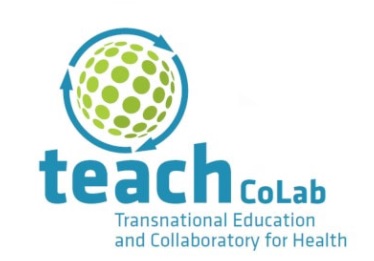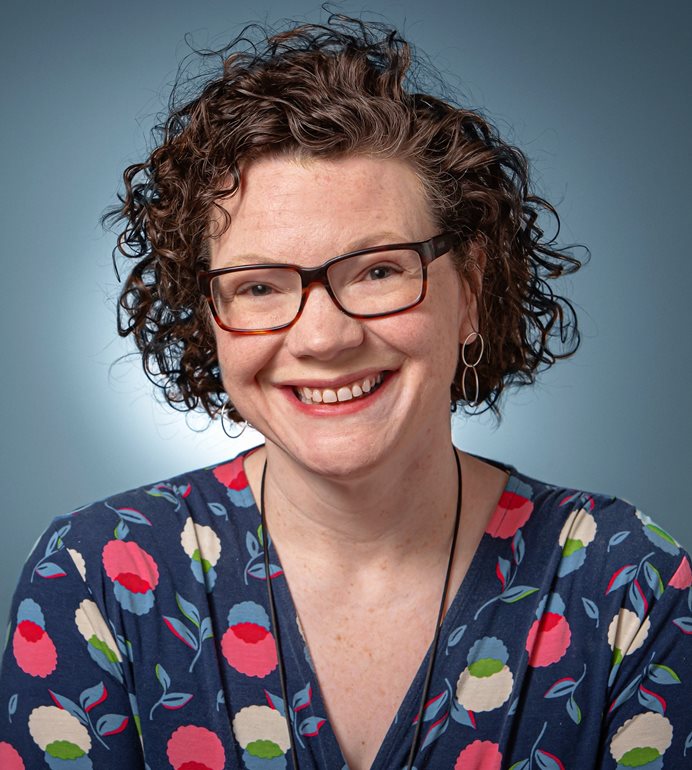
While remote operations have made everyone at the University of Washington Bothell more familiar with online teaching and learning, it’s not new. In fact, online education has already been shown to be an advantage in faculty and students making international connections.
Bridging distance and time, communication technology can link classes at different institutions and can allow people to share teaching and assignments with peers in other countries.
Collaborative Online International Learning or COIL is one of UW Bothell’s global initiatives. And, for three faculty members in the School of Nursing & Health Studies, COIL has been an element of some courses since 2018, in collaboration with two institutions in Ireland: the Institute of Technology Carlow and Waterford Institute of Technology.
Associate Professor Jody Early and the Irish partners launched the program called the Transnational Education and Community Health Collaboratory (TEACH) CoLab. Early brought in Associate Professor Andrea Stone and Assistant Professor Meghan Eagen-Torkko.
Boundless opportunities

“There are definite benefits to virtual learning that COIL made pretty clear, one of which is you can have people with expertise in a lot of different topics present or participate in your classes without being bound by who is close geographically or who has the capacity to travel for you,” Eagen-Torkko said. “It creates an opportunity for students to build knowledge themselves across distances and across different systems.”
Most of the TEACH CoLab courses have been in health policy studies, which are a good fit for the technology, said Eagen-Torkko, who has been teaching at UW Bothell since 2015. A certified nurse midwife with a clinical practice at Seattle-King County Public Health, Eagen-Torkko also once lived in Ireland and is interested in gender and health care systems on a global scale.
Because of the time difference with Ireland, it’s difficult to schedule virtual meetings. So, students have collaborated by sharing comments, pictures, video and podcasts on a discussion board. Among other issues, UW Bothell students have discussed the history and politics of abortion, Eagen-Torkko said. “They were surprised at this being a controversial topic outside the U.S. and the Irish having thought of it in a different way than how we framed it in the U.S.”
The students in Ireland, which has a dual payer system of basic coverage through the state and additional insurance that people buy, are surprised by the lack of basic health care accessibility in the United States. “When we talk about how the U.S. health care system works, they’re actually shocked,” Eagen-Torkko said.
Idea exchanges aside, one other goal for TEACH CoLab is in-person exchanges. Plans for a preliminary exchange of one or two students plus a couple of faculty members were put on hold by the coronavirus pandemic. Eventually, the program may include a four-week study-abroad component about community-based health care. It would likely be held between summer and fall quarters, because Irish colleges follow a semester system that starts early in September, Eagen-Torkko said.
The COIL perspective
Students who were skeptical of COIL because it seemed logistically complicated found it was not overwhelming, Eagen-Torkko said. It offered them a way to have part of the experience of international learning without having to go anywhere.
For students who have jobs or other commitments that keep them from traveling, TEACH CoLab has been a real opportunity for them to get a perspective on a topic from outside of their own culture, Eagen-Torkko said.
“That flexibility of thought, I think, is central to a university education, and that is what COIL brings for our students. The content is important, and the relationship-building is important, but this ability to think beyond our assumptions has been really striking.”



